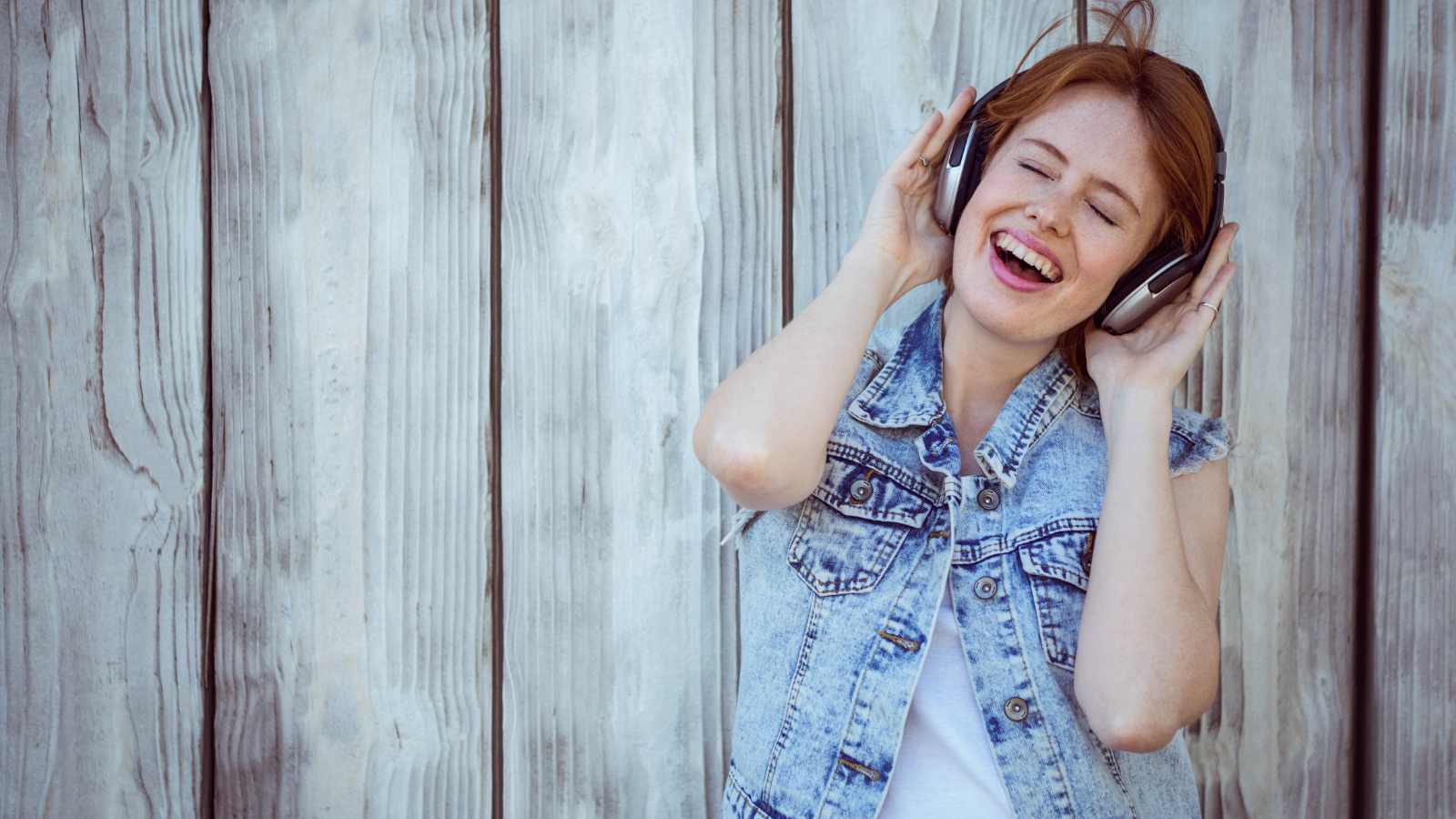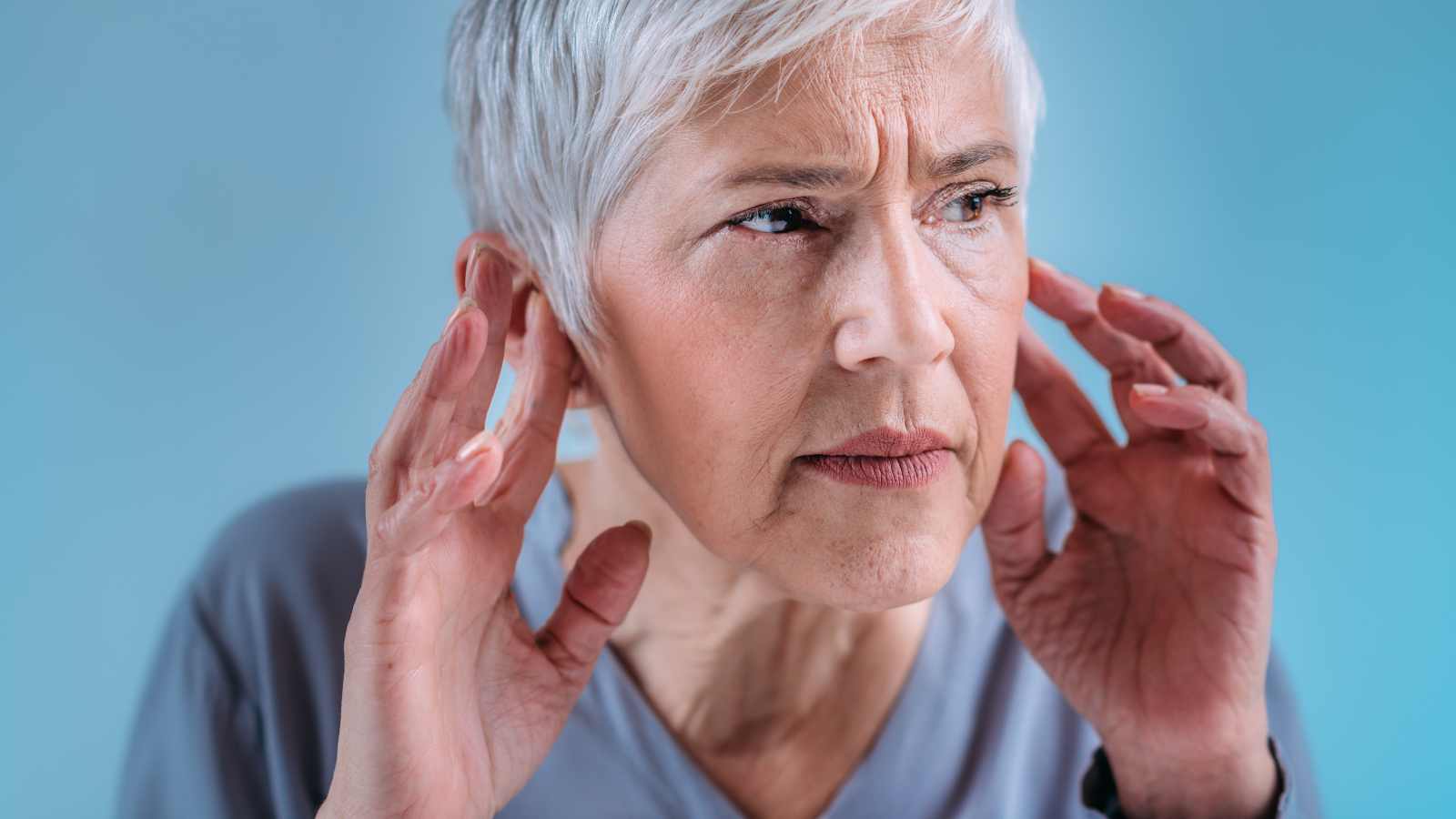Hearing loss is a serious condition that can significantly impact one’s quality of life. Unfortunately, many people are unaware of the common bad habits which can lead to hearing loss. Here are 14 bad habits that could make you deaf if left unchecked. Recognizing them and taking proactive measures can help ensure your long-term hearing health.
Listening to Loud Music

Listening to music too loudly at a concert or using headphones can cause permanent hearing damage over time. Exposure to loud music can cause a condition known as noise-induced hearing loss, which is when the tiny hair cells in your ear become damaged and are unable to send sound signals correctly to the brain.
You should keep your headphone volume low and take breaks from listening to loud music. Note that noise-induced hearing loss cannot be medically or surgically corrected.
Excessive Drinking

Excessive drinking can cause damage to your inner ear, as alcohol is a diuretic and can lead to dehydration. In extreme cases, excessive drinking has been linked to ototoxicity, when certain drugs or alcohol damage the auditory nerve.
In addition to potentially leading to hearing loss, excessive drinking also increases the risk of various other health issues.
Smoking

Tobacco use is linked to many negative health consequences, including hearing loss. Studies have shown that smokers are twice as likely to suffer from hearing loss compared to non-smokers and that this increased risk is even higher for heavy smokers. The good news is that you can reverse this damage if you quit smoking.
Not Wearing Hearing Protection

Noise-induced hearing loss often results from exposure to loud noises without any protection. Construction sites, factories, concerts, and sporting events tend to be noisy environments where your ears are at risk of damage.
Wear earplugs or noise-canceling headphones whenever you are in a loud environment. Your ears will thank you!
Not Taking Breaks From Noisy Environments

Even with protection, your ears can still become damaged if you stay in a loud environment for too long. If you cannot leave, take regular breaks so your ears can rest and recover.
If your job requires you to be in a loud environment for long periods, speak up and ask your employer about taking regular breaks.
Missing Regular Hearing Tests

Regular hearing tests help detect hearing loss before it becomes severe. It’s important to get tested if you have been exposed to loud noises or have other risk factors for hearing loss.
It is wise to get tested annually to catch hearing damage early or more frequently if you experience any problems with your auditory system.
Not Eating Well and Exercising Regularly

Your diet and exercise habits can also affect your hearing health. Eating a diet high in antioxidants and exercising can help protect your hearing by improving blood flow to the inner ear.
In addition, reducing stress levels can also be beneficial, as stress has been linked to hearing loss. Connecting with nature, practicing mindfulness, and spending time with friends and family can all help reduce stress.
Ignoring Symptoms of Hearing Loss

If you experience tinnitus or any other hearing-related symptoms, don’t ignore them. Tinnitus is a sign that something is wrong and should not be brushed off as usual.
Get your ears checked if you experience hearing loss or problems with balance or coordination. Ignoring these symptoms can lead to permanent damage and make it harder to address hearing issues in the future.
Not Getting Enough Sleep

Lack of sleep has been linked to hearing loss because it can lead to fatigue and strain on your brain, reducing its ability to process sound signals properly. Aim for at least seven to nine hours of restful sleep each night and avoid using devices with a bright screen, such as phones or laptops, in the hour before bed.
Poor Dental Hygiene

Poor oral hygiene can also lead to hearing loss. Bacteria from gum infections and other dental problems can travel through the bloodstream to your ears, leading to inflammation and damage over time.
Practicing good oral hygiene, such as brushing your teeth twice daily, flossing regularly, and visiting the dentist regularly for checkups and cleanings, can help reduce your risk of hearing loss.
Using Cotton Swabs in the Ear Canals

It’s a common misconception that using cotton swabs is an effective way to clean your ears, but this isn’t true. Inserting anything into your ear canal can cause damage to the delicate tissues of your inner ear and increase your risk of infection.
If you need to remove wax buildup, see your doctor or audiologist,
Not Keeping Your Ears Dry

You can’t keep water out of your ears all the time, but you can take steps to reduce your risk of infection. The middle part of the ear is an air-filled cavity, and excess moisture can create an environment in which bacteria or fungi can thrive.
If you are a swimmer or take regular showers, dry your ears with a soft cloth after each session. Tilt your head to the side and gently pat the outside of your ears. See your doctor if your ear still feels wet, or sounds are muffled.
Not Getting Regular Hearing Aid Maintenance

Hearing aids require regular maintenance and cleaning to work properly. Follow the manufacturer’s instructions for cleaning and replacing parts regularly.
Your audiologist should also check your hearing aid regularly for any signs of damage or wear and tear that could affect its performance. Not getting these checks can worsen hearing loss and potentially damage the device.
Not Managing Blood Pressure

Hypertension and other cardiovascular diseases can reduce blood flow to the inner ear, leading to hearing loss. Keeping your blood pressure under control through diet, exercise, and regular doctor visits can help preserve your hearing health.
Hearing loss is also associated with stroke, which can be prevented by controlling your cholesterol and triglyceride levels, maintaining a healthy weight, avoiding smoking, and limiting alcohol consumption.
More From Health Makes You

Do you want to live a long and healthy life? Then you should avoid doing certain things. Research shows that some habits, behaviors, and activities can harm your health. Here are the top 20 worst things you can do for your health.
Want to Live a Long Life? DON’T DO These 20 Things
Want to be Fit and Healthy? DON’T DO These 18 Things

Do you want to be fit and healthy? It’s time to say goodbye to habits holding you back from achieving your health goals. Here are twenty unhealthy habits to stop now and how to start the journey toward a healthier lifestyle.
Want to be Fit and Healthy? DON’T DO These 18 Things
The 20 Worst Habits That Are Destroying Your Heart

Living a healthy lifestyle is essential for maintaining a healthy heart. Unfortunately, many of us have bad habits that can harm our hearts. These unhealthy behaviors can increase the risk of developing cardiovascular diseases such as stroke and coronary artery disease.
The 20 Worst Habits That Are Destroying Your Heart
The 30 Worst Foods to Eat After 30

Eating healthily is vital at all times, but after 30, consuming certain foods can harm more than help. By avoiding these food items when you reach your thirties, you can promote lasting health and happiness for years.
The 30 Worst Foods to Eat After Age 30
You Have No Business Eating These Foods for Dinner, Unless You Just Don’t Care

Breakfast may be the most important meal of the day, but dinner is a close second. Eating a healthy and nutritious dinner can give you energy and help your body prepare for a good night of restful sleep. Some foods, however, won’t only deny you these benefits — they can create more problems. Avoid these dinner foods to keep your body in a healthy balance.
You Have No Business Eating These Foods for Dinner, Unless You Just Don’t Care
This article was produced on Health Makes You.
